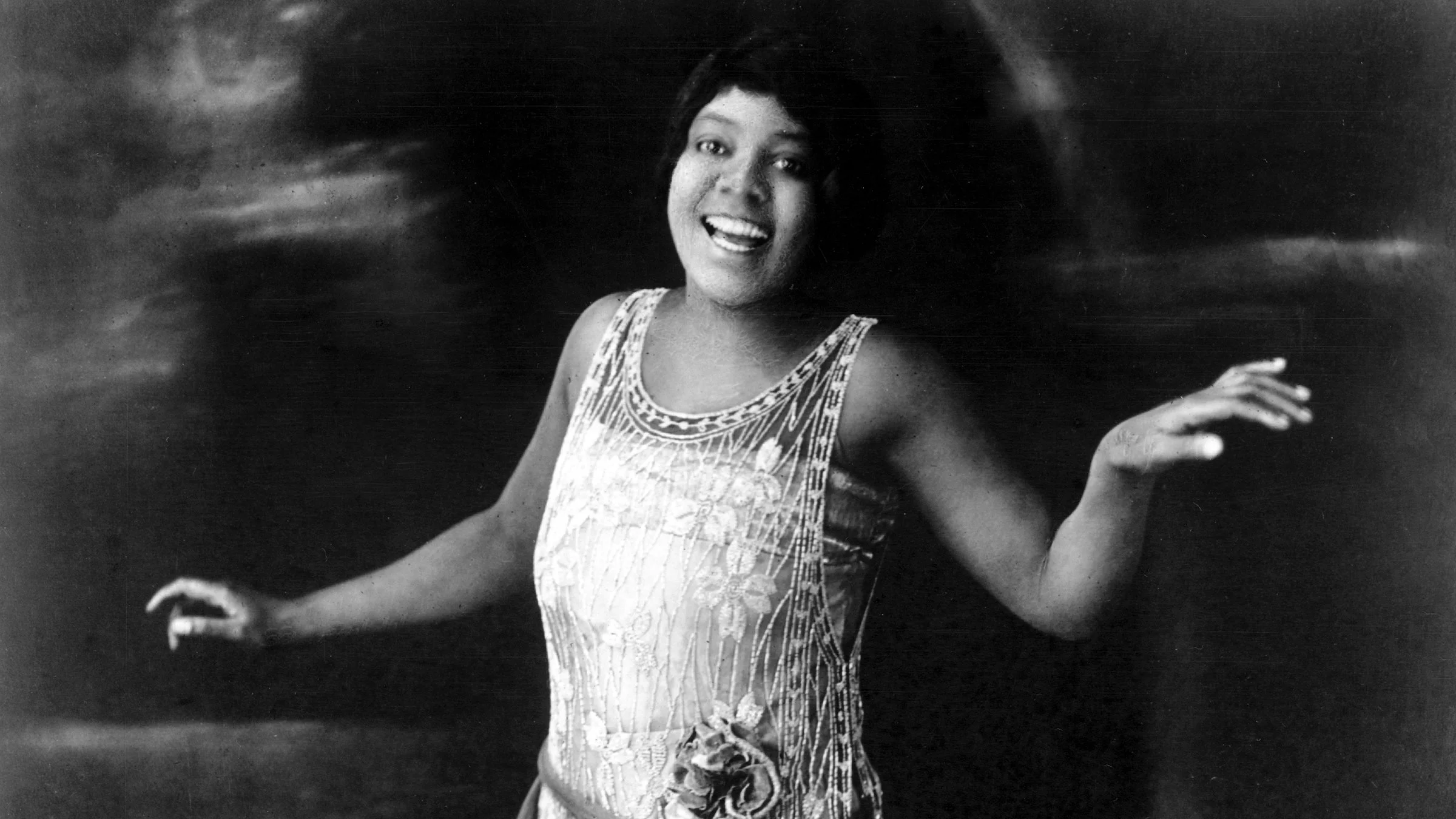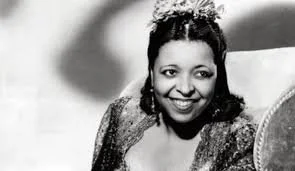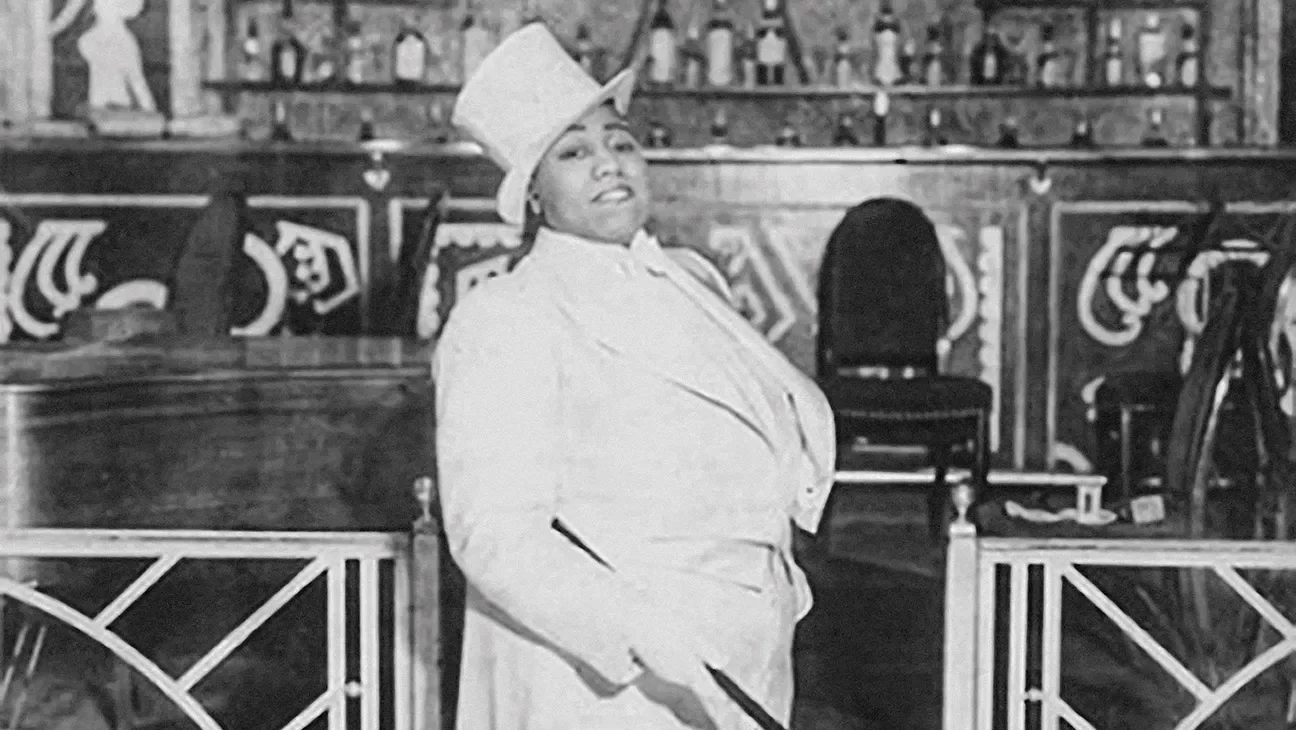
Pioneer Queer Performers & Entertainers
Black queer singers and performers have played a vital role in shaping music and culture, often breaking barriers of race, gender, and sexuality despite facing discrimination. Artists such as Gladys Bentley, Ma Rainey, and Bessie Smith used blues and jazz to express themes of love, identity, and resilience, challenging social norms of their time. In later decades, performers like Sylvester and Little Richard brought queer expression to the forefront of soul, funk, and rock, influencing mainstream music and paving the way for future generations. Their courage and creativity not only expanded artistic boundaries but also contributed to broader movements for equality and representation, leaving a lasting legacy that continues to inspire artists and audiences today.

Bessie Smith was an American blues singer widely known as the "Empress of the Blues." Born in 1894 in Chattanooga, Tennessee, she became one of the most popular and influential musicians of the 1920s and 1930s. Her powerful voice and emotional performances helped shape the blues genre and paved the way for future generations of artists. Despite facing racial and social challenges, Smith’s music captured the struggles and spirit of her time, leaving a lasting impact on American music history.

Ethel Waters was an American singer and actress who became one of the most prominent African American performers of the early 20th century. Born in 1896 in Chester, Pennsylvania, she began her career singing blues and jazz before expanding into Broadway and film. Known for her expressive voice and versatility, Waters broke racial barriers by performing in integrated venues and becoming one of the first Black women to star on radio and television. Her success in songs like “Stormy Weather” and her acclaimed acting roles made her a trailblazer who helped open doors for future generations of Black entertainers.

Ma Rainey, often called the "Mother of the Blues," was an American singer who played a key role in popularizing the blues in the early 20th century. Born in 1886 in Georgia, she began performing in minstrel and vaudeville shows before recording over 100 songs during the 1920s. Known for her deep, powerful voice and commanding stage presence, Ma Rainey’s music captured the struggles and emotions of African American life. She mentored younger artists, including Bessie Smith, and helped shape the foundation of modern blues, leaving a lasting influence on jazz, soul, and rock music.

Josephine Baker was an American-born entertainer, civil rights activist, and French Resistance agent who became an international icon of the 20th century. Born in 1906 in St. Louis, Missouri, she rose to fame in Paris during the 1920s for her captivating performances, including her famous “banana skirt” dance. Beyond her stage success, Baker broke racial barriers in entertainment and used her platform to fight against segregation and discrimination. During World War II, she aided the French Resistance by smuggling messages in her sheet music. Her courage, artistry, and activism made her a symbol of freedom, equality, and cultural transformation.

Gladys Bentley was an American blues singer, pianist, and entertainer known for her bold performances and defiance of social norms during the Harlem Renaissance. Born in 1907 in Philadelphia, she gained fame in the 1920s and 1930s for her deep voice, witty lyrics, and energetic shows at Harlem’s speakeasies, where she often performed in men’s clothing. Bentley’s music and persona challenged gender and sexual conventions, making her a pioneering figure in LGBTQ+ and African American cultural history. Despite facing discrimination, her talent and fearless individuality left a lasting mark on blues and jazz performance.

Billie Holiday was an American jazz and blues singer celebrated for her deeply emotional voice and unique phrasing. Born in 1915 in Philadelphia, she rose to prominence in the 1930s, performing with leading jazz musicians such as Count Basie and Artie Shaw. Her recordings, including “Strange Fruit” and “God Bless the Child,” conveyed profound emotion and social commentary, making her one of the most influential vocalists in music history. Despite personal struggles and racial discrimination, Holiday’s artistry transformed the way songs were interpreted, leaving an enduring legacy that continues to inspire generations of musicians.